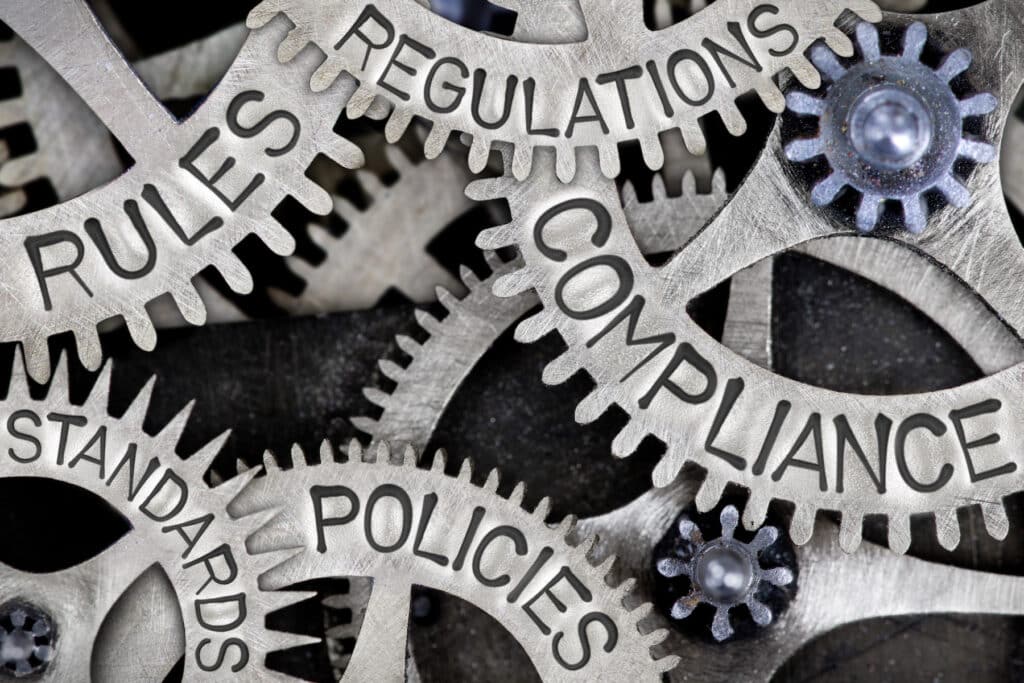In this Spotlight Podcast, host Paul Roberts talks with Chris Walcutt, the CSO of DirectDefense about the rising cyber threats facing operational technology (OT) and how organizations that manage OT – including critical infrastructure owners can best manage increased cyber risks to OT environments.
Government
Screening Your Supply Chain: How Far Will You Go For Cybersecurity?
Cybersecurity is crucial in supply chains, where risks can affect all connected parties. U.S. companies must now ensure compliance with evolving standards like the DoD’s CMMC, affecting over 200,000 contractors and their suppliers. With significant consequences and substantial government contracts at stake, effective risk management and rigorous vetting processes are critical for protection against data breaches and maintaining security across networks.
Episode 255: EDM, Meet CDM – Cyber Dance Music with Niels Provos
In this episode of The Security Ledger Podcast (#255) host Paul Roberts interviews Niels Provos of Lacework about his mission to use EDM to teach people about cybersecurity.
Dragos Community Defense Program Helps Small Utilities Facing Cyber Attacks
Dragos Security on Wednesday unveiled a “Community Defense Program” to provide free cybersecurity software for small utilities providing water, electric, and natural gas in the United States.
FBI: Iranian APT Targets Israeli-Made PLCs Used In Critical Industries
The hack of a Pennsylvania water treatment facility in November is part of a larger campaign by an Iranian APT group against users of Israel-made operational technology.





